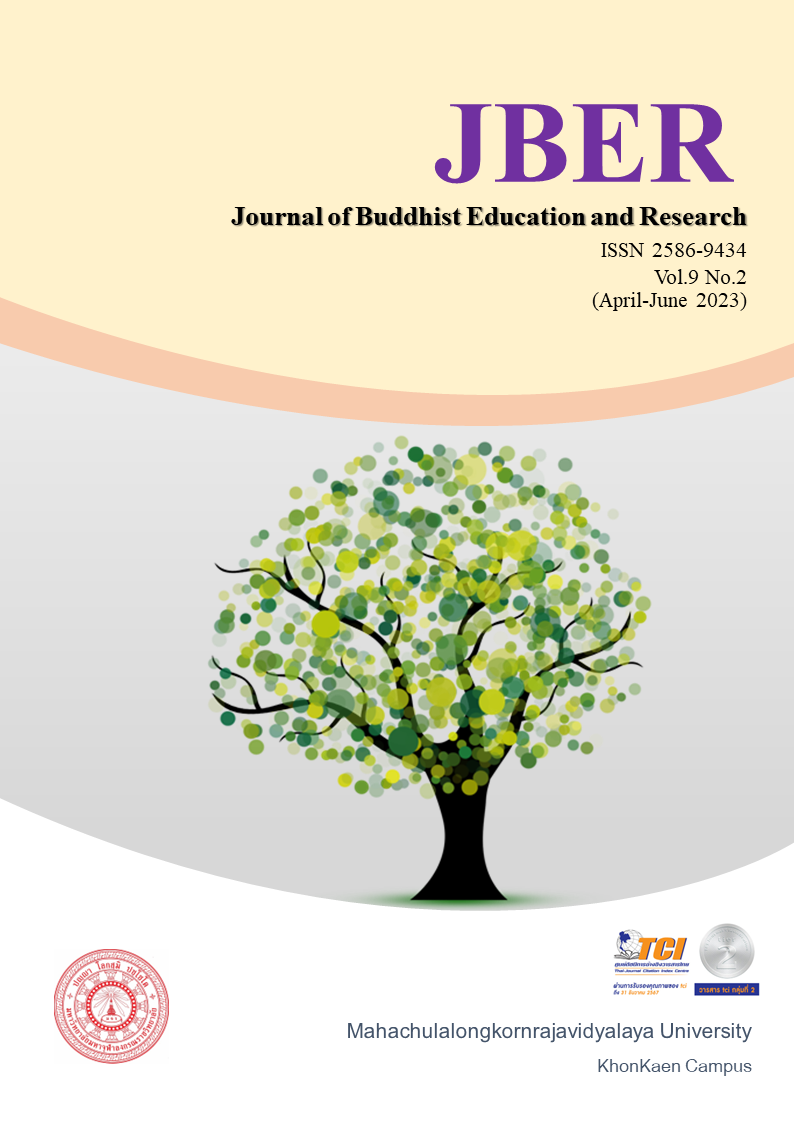KNOWLEDGE ACCEPTANCE MODEL OF MOOC ONLINE EDUCATION PLATFORM FROM THE PERSPECTIVE OF KNOWLEDGE SHARING
Keywords:
Online education platform MOOC, Knowledge sharing, Technology acceptance modelAbstract
In an increasingly competitive environment, knowledge resources play an increasingly important role. "Knowledge has become a key economic resource, and it is the dominant source of competitive advantage, and may even be the only source (Drucker, 1995)." Knowledge sharing and knowledge innovation have now become the core competitiveness of various countries and have been highly valued by the country. In particular, it has a far-reaching impact on the development of colleges and universities. The school is a national knowledge reserve center and a national knowledge strategic resource. Actively exploring the path and mechanism of knowledge sharing in colleges and universities in the way to maximize the effectiveness of knowledge, which is of great significance. At the moment of the epidemic, Internet education has become the most necessary way to learn knowledge. Knowledge sharing is an important prerequisite for knowledge construction and knowledge creation on internet learning platforms. However, the lack of systematic research on the relationship and path of its influencing factors makes it difficult. Reveal the effective knowledge transfer process, which leads to the weakening of the viscosity between the Internet learning platform and the learners, and the unsatisfactory learning quality. On this basis, this article takes college students from a university in western China as the research object, and takes the representative MOOC online education platform in the internet learning platform as an example, using the technology acceptance model(TAM) to analyze the relationship between various factors of the internet education platform, using SPSS software to carry out correlation, regression and other analysis methods on the 152 questionnaires recovered, and finally deduce the knowledge acceptance model of college internet education platform. It provides an effective reference for learners to better receive knowledge from the Internet platform, effectively guides the development direction of Internet education, promotes the sharing of knowledge resources, enhances the ability of colleges and universities to radiate science and technology to the outside world, and promotes the coordination and innovation of knowledge. And it has important reference value for professional interaction and compound talent training.
References
Baron,R.M.,&Kenny,D.A.(1986). The moderator–mediator variable distinction in social psychological research: Conceptual, strategic, and statistical considerations. Journal of personality and social psychology, 51(6), 1173-1182.
Collins, K. M., Onwuegbuzie, A. J., & Sutton, I. L. (2006).A model incorporating the rationale and purpose for conducting mixed-methods research in special education and beyond. Learning disabilities: a contemporary journal, 4(1), 67-100.
Davis F D.(1989).Perceived Usefulness, Perceived Ease of Use, and User Acceptance of I nformation Technology. MIS Quarterly, 13 (3) :319-340
Davis, D., Chen, G., Hauff, C., & Houben, G. J. (2018). Activating learning at scale: A review of innovations in online learning strategies. Computers & Education, 125, 327–344.
DeVellis, R. F. (1991). Scale development: Theory and applications. Newbury Park, CA: Sage.
Drucker. (1995). Managing in a Time of Great Change. Machinery Industry Press
Guajardo Leal, B. E., Navarro-Corona, C., & Valenzuela González, J. R. (2019). Systematic mapping study of academic engagement in MOOC. International Review of Research in Open and Distributed Learning, 20(2), 113–139.
Hoseini, M., Saghafi, F., & Aghayi, E. (2019). A multidimensional model of knowledge sharing behavior in mobile social networks. Kybernetes.
Jie Liu.(2019).Research on the Influencing Factors of User Knowledge Sharing in Virtual Communities. (Doctoral dissertation, Qufu Normal University).
Joksimović, S., Poquet, O., Kovanović, V., Dowell, N., Mills, C., Gašević, D., Dawson, S., Graesser, A. C., & Brooks, C. (2018). How do we model learning at scale? A systematic review of research on MOOCs. Review of Educational Research, 88(1), 43–86.
Lee, D., Watson, S. L., & Watson, W. R. (2019). Systematic literature review on self-regulated learning in massive open online courses.Australasian Journal of Educational Technology, 2019, 35(i-iv).
Lifa Tian.(2015).High-commitment work systems drive knowledge sharing: the mediating role of trust relationships and the moderating role of gender. Management Review (6), 148-159.
Paton, R. M., Fluck, A. E., & Scanlan, J. D. (2018). Engagement and retention in VET MOOCs and online courses: A systematic review of literature from 2013 to 2017. Computers & Education, 125, 191–201.
Paul H.J. Hendriks.(2009).Unveiling the knowledge-sharing culturePublished Online:11 May 2009 International Journal of Learning and Intellectual Capital Vol. 6, No. 3.pp 235-256
Sergio Lujan Mora.(2012). MOOC (Massive Open Online Course). https://t.hk.uy/aTzp.Retrieved December 20, 2020
Stiger, T. R., Kosinski, A. S., Barnhart, H. X., & Kleinbaum, D. G. (1998). ANOVA for repeated ordinal data with small sample size? A comparison of ANOVA, MANOVA, WLS and GEE methods by simulation. Communications in Statistics-Simulation and Computation, 27(2), 357-375.
Van Dijk, A., Hendriks, P. and Romo-Leroux, I. (2016), "Knowledge sharing and social capital in globally distributed execution", Journal of Knowledge Management, Vol. 20 No. 2, pp. 327-343.
Wang,S.,&Noe, R. A. (2010). Knowledge sharing: A review and directions for future research. Human resource management review, 20(2), 115-131.
Wei Huang, & Peng Zhao. (2016). A Study on Influencing Factors of User Knowledge Sharing Behavior in Virtual Community. Information Science, 34(4),68-73.
Wong, J. S., Pursel, B., Divinsky, A., & Jansen, B. J. (2015). Analyzing MOOC discussion forum messages to identify cognitive learning information exchanges. Proceedings of the Association for Information Science and Technology, 52(1), 1–10.
Xi Zeng. (2019). Research on the influence of knowledge governance of high-tech enterprises on the innovation ability of knowledge workers under the background of "Internet +". (Doctoral dissertation, Jiangxi University of Finance and Economics).
Yafang Li, & Dongmei Xiong. (2013). Deficiencies and Countermeasures of Collaborative Innovation in Colleges and Universities: Taking Collaborative Innovation in Medical Colleges as an Example. Social Sciences (8), 163-166.
Zheyu Liu, Xiaoxin Hao, Tongtong Li, & Zhijun Wang. (2018). Research on SPOC Learning Environment Design Based on Moodle Platform. Journal of Tianjin Diandian University, 22(2), 5-9.





